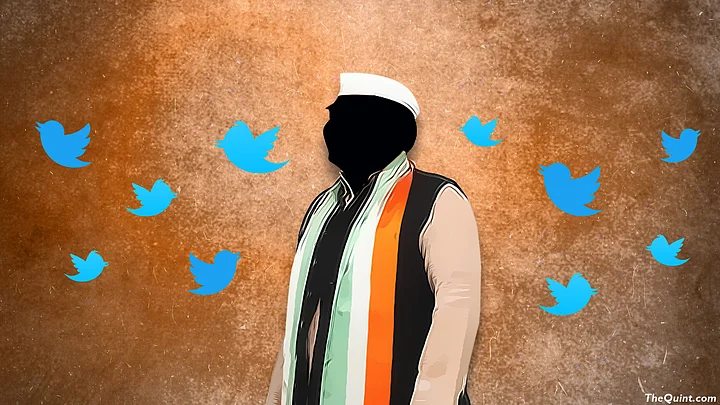Prime Minister Narendra Modi may only be second to Jawaharlal Nehru in his proactive foreign policy outreach. But Modi’s External Affairs Minister, Sushma Swaraj, is second to none in using twitter as her private grievance redressal system.
From rescuing 168 Indians trapped in Iraq by acting on a video tweeted to her, to helping an Indian citizen who lost her passport and money in Berlin, Swaraj did not even disappoint the man who tweeted to her for getting his refrigerator fixed. She was also featured in the list of Global Thinkers of 2016 by the Foreign Policy Magazine and was Financial Times’ women of the year for her Twitter diplomacy.
Though Swaraj’s commitment to her job is exemplary and her modus operandi is guided by pure good faith, it leads to many unintended consequences.
Also Read: Here’s Why Sushma Swaraj is the Queen of Wit and Sass on Twitter
Accountability of Social Media-Led Governance
A minister’s responsiveness on a social media platform and its widespread acknowledgement uplifts the status of that platform as sarkar tak pahuchne ka zariya.
But because Twitter or any other platform is not an official channel of directing complaints, it makes the individuals managing the minister’s social media accounts (even the minister herself) disproportionately powerful to be selective about the urgency, seriousness and authenticity of the complaints, with little accountability to those who are ignored.
The ministries use ‘Twitter Seva’ which the Twitter describes as an “India-first innovation,” that “processes large volume of Tweets, converts them into resolvable tickets and assigns them to the relevant authority for real-time resolution.”
There are no official usage guidelines for the service, making the tweet selection algorithm very arbitrary. For instance, a few months ago, I had sent a tweet to the External Affairs Minister asking what to do when the police verifier asked for a bribe to renew my passport. Since the honourable minister replies to even cute fancy dress photographs, I was baffled why I did not receive a reply.
Also Read: Sushma Swaraj Makes ‘Global Thinkers’ List for Twitter Diplomacy
Dangerous Trend
The need for citizens to directly address complaints to the Union Ministers, bypassing the existing complaint resolution mechanisms, signals towards a larger failing of the offline public feedback system. It illustrates the insensitivity of the locally appointed (and of course, heavily paid) public servants to empathise with the needs of the general public at the site of the event.
It sets off a dangerous trend where those with the real job of maintaining public services start relying excessively on a top-down approach. And a reliance on individual intervention weakens an already feeble institutional system.
Discrimination Against the Technologically Disabled
Politicians using Twitter in the capacity of individuals to advance their party propaganda is a very private choice. But when politicians enter political offices, they become a representative authority whose personal choices have social and economic implications. And when it is a task as important as connecting with people, the choice of the medium carries even more commercial weight. Twitter, it must not be forgotten, is another private company, not even based in India.
The selection of a social media company for ministerial duty discharge is quite an antithesis of democracy. It discriminates citizens who do not have a smartphone with a data connection, who do not choose to be on social media, and the ones who decide not to create an account on Twitter, and perhaps prefer other sites. It is like, since a cabinet minister uses the Mercedes for commuting, he shall listen to only those owning a Mercedes.
The minister in this case has promoted a brand and reduced the accessibility to a privileged section of the society. If only 22.2 million Indians have a Twitter account, it disadvantages the other one billion.
Glossy ‘Digital India’ Dream
Instead of creating functional and responsive platforms for citizens to use in the times of emergency and for lodging their complaints, the state is illegitimately leasing a monopolistic contract to a foreign company. It is surprising that even in the times of fierce resistance to neoliberal globalisation, this erosion of state capacity has escaped scrutiny.
Even for other digital initiatives of the Modi government, we will have to ensure that they do not fiddle with the foundational democratic principles of choice. It can be good to use Twitter for governance, or Paytm for payments, but if the state begins coercing us to adopt any of these, we need to be careful of the glossy ‘Digital India’ dream.
(Akshat Tyagi is the author of ‘Naked Emperor of Education’, India's first young voice against the dehumanising schooling model. He regularly writes on education, society, and politics. The views expressed above are the author’s own and The Quint neither endorses nor is responsible for the same.)
Also Read: Sushma Swaraj Helps Couple Reunite on Honeymoon, Twitter Is Bitter
